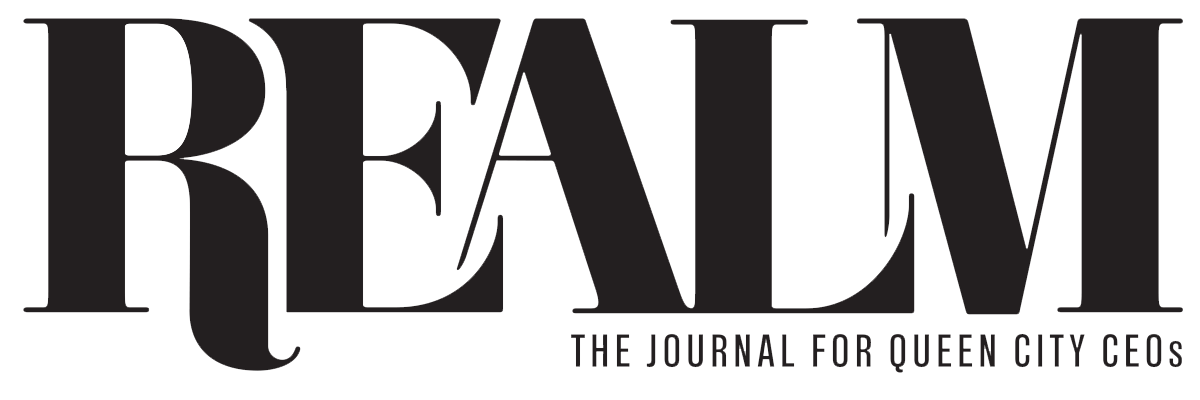How do you brand a product or a business when consumers are constantly changing their buying behavior? Downtown-based branding agency LPK believes it all starts with understanding the consumer deeply before considering business needs or, as they like to say, starting with the “who.”
Businesses often come to outside agencies asking what’s best for their brand. LPK seeks to solve what’s best for the consumer. “We’ve noticed that the most successful businesses and brands are the ones that invest in the human experience,” says CEO Sarah Tomes. “So instead of asking What’s best for my business? they start with What’s best for my consumer? We focus on knowing the consumer deeply and completely. We want to know who they are, where they are, what they’re interested in, and what their needs are.”
LPK started in 1983 as Libby, Perszyk, Kathman Inc. and quickly solidified a reputation in package design and shaped strategies to help clients better connect with consumers. Around 2010, the company added in-house innovation services to help uncover growth opportunities for clients. And now LPK kicks off its fifth decade with an even stronger emphasis on consumer strategy. “Everything we’re doing is being tracked, and clients typically have an abundance of data,” says Tomes. “We excel at translating data into actionable insights to enhance or refine or create new brands, products, or experiences. Because we’ve done our homework, we’re able to make those deep connections.”

The LPK team works with businesses to craft personas and consumer journeys to nail down the “who” that they want to reach. Personas are detailed, resulting in fictional representations of an ideal customer and a consumer journey map showing the path between a consumer discovering a product and making a purchase. LPK employed this approach in its work with Cincinnati Opera, which wants to find ways to engage a younger generation of ticket-buyers. Working to find “who” that new audience would be, the team incorporated emerging technologies into the storytelling experience and explored innovative marketing approaches to building a more diverse community.
LPK’s work with Corona uncovered that consumers associate the beer with relaxation, but further evaluation revealed an even deeper consumer desire for tranquility. The Gillette brand, they discovered, induces a sense of control.
LPK is also redefining its talent recruitment strategy, and a remote-first model has allowed the company to recruit beyond Cincinnati while maintaining a local office for those preferring to work in person. “In our industry, if we think about our clients, a lot of them are not local,” says Tomes. “So we’ve kind of been working in this way for a while. I don’t feel like this work-from-home concept was that foreign—it wasn’t as hard for us to make a shift. It’s enabled us to grow, expand, and diversify our team in a very beneficial way.”


